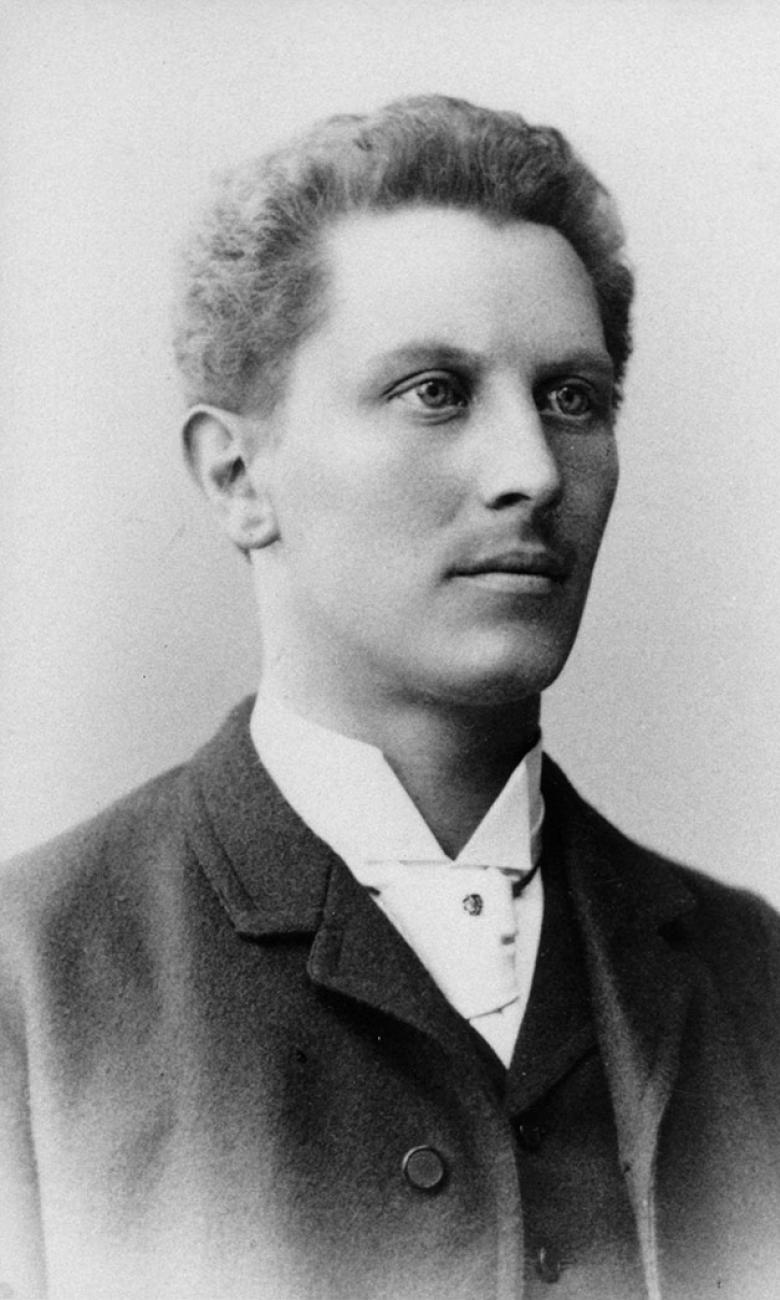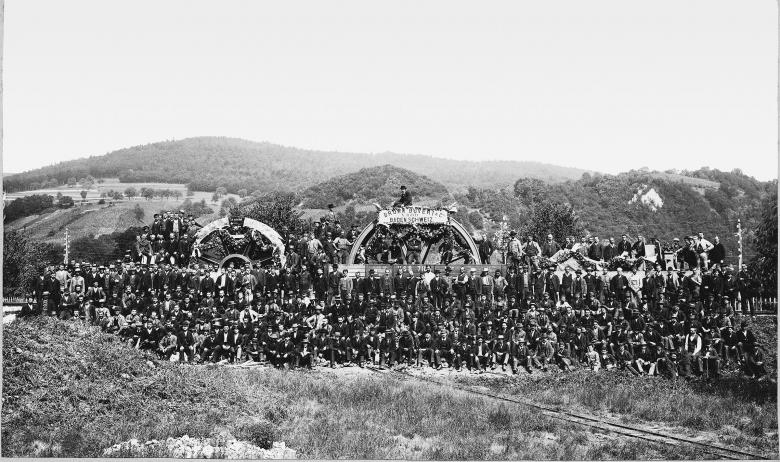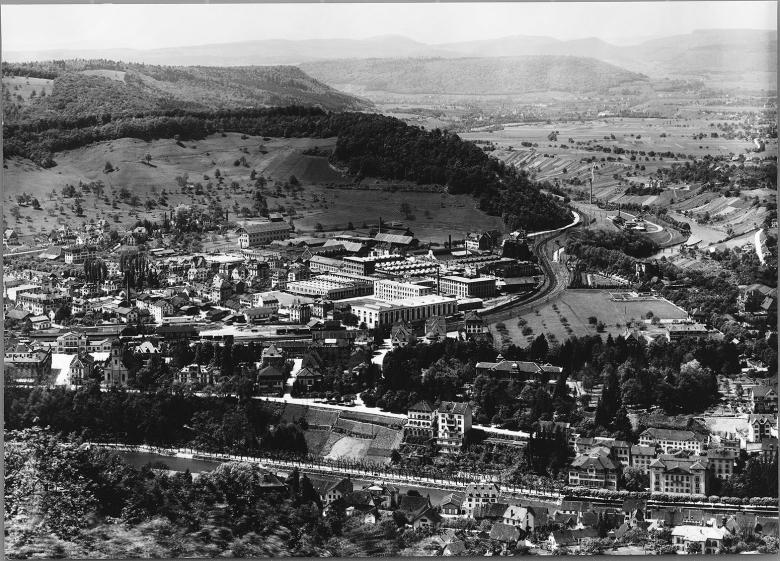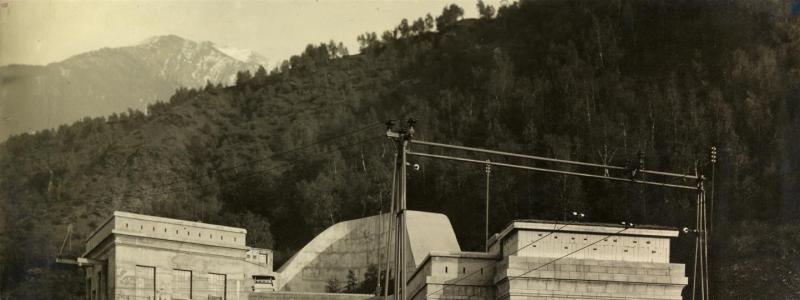Walter Boveri – industrial pioneer and company founder
At the end of the 19th century, the great age of electrical engineering had just begun and Walter Boveri, a mechanical engineer with a vision, knew that the energy-hungry, modern, booming cities and their factories needed endless amounts of electricity – and that he was the man to supply it. With the founding of Brown, Boveri & Cie. in the small rural town of Baden he took Swiss industry an enormous step forward.
During the day, the young German immigrant headed the assembly division of the ‘Maschinenfabrik Oerlikon’ near Zurich, while in the evenings and on weekends, he planned the founding of his own company. Walter Boveri (1865-1924) from Bamberg, who trained at the Royal Mechanical Engineering school in Nuremberg, knew that the electrification of private households, industry and transport was the future. His new factory therefore needed to supply everything that was required for generating and distributing electricity – also over large distances – including generators, transformers, turbines, power lines, switch systems.

The creative genius and the businessman
Boveri was not the only one to dream this dream. The partner he had in mind was his boss in Oerlikon, who was only two years his senior – the brilliant electrical engineer and designer, Charles E. L. Brown. Boveri and Brown complemented each other perfectly: the one with a head for business, the other with a creative mind. Or as Walter Boveri junior, who was born in 1894 and later headed Brown, Boveri & Cie (BBC) put it:
Where Charles Brown envisaged the design and construction of the individual machines, my father saw the opportunities for their application in the service of human society.
They had plenty of ideas and know-how but lacked money, specifically the start-up capital of half a million Swiss francs they needed. Boveri wrote to bankers throughout Europe, and received only rejections for his efforts. In 1890, however, he met the Zurich silk industrialist, Conrad Baumann, who was wealthy, took a liking to the young entrepreneur and had a 25-year-old unmarried daughter, Victoire. Boveri got engaged to her, married her, and came by the necessary funds from his new father-in-law. What a turn of fate: a waning industry, silk manufacturing, opened up the way for a brilliant technological future!

Bringing electricity to rural regions
The next step in Boveri’s plan was to find a suitable location. Rural Baden provided him with what he was looking for: land and labour that was cheaper than in the booming urban industrial centres. While the workshops were still under construction, the order books were already filling up. On 2 October 1891, the following entry was made in the Aargau commercial register: Brown, Boveri & Cie. Kommanditgesellschaft (limited partnership). Four months later, work started with 100 factory workers and 24 office staff on the payroll. and in subsequent months and years the company began connecting factories, private households and spa hotels to the local electricity grid. The lights came on in Baden and the town began to hum.

New era
The rest is industrial history. Hardly any other company name has been so closely associated with Swiss industry as BBC: a small start-up in rural Baden that grew into an ever-expanding industrial giant with worldwide renown.
The 1980s saw the great age of mechanical engineering drawing to a close, and with this a change in direction towards automation and digitalisation became vital for the company’s future. BBC merged with the Swedish electrical engineering company ASEA to become the new ASEA Brown Boveri group (ABB). A new era dawned, and the pioneering spirit of the Boveri era lives on. Under the motto “Let’s write the future”, the company is now rising to the challenges of the fourth industrial revolution.






